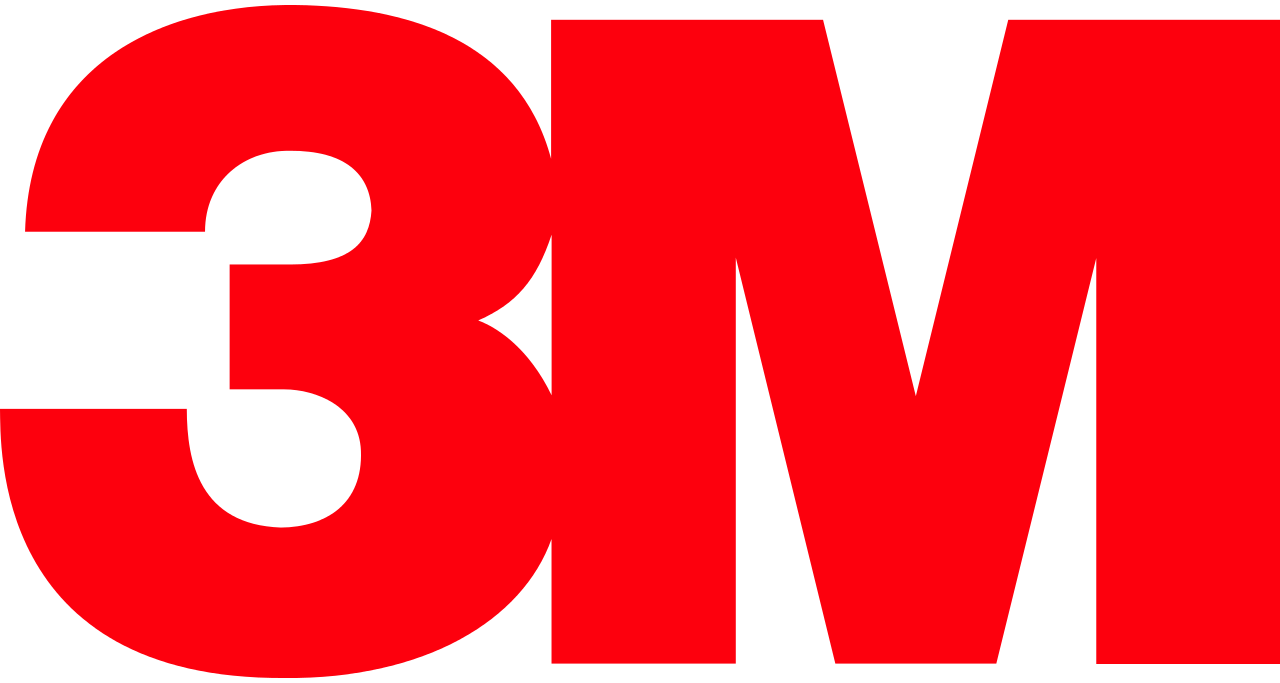by Scott Krisiloff, CIO, Avondale Asset Management
Earnings season started this week, but only with a few reports. Many more companies will report next week. A couple of industrial distributors, MSC and Fastenal, confirmed that the industrial economy is holding strong. Prices haven’t moved yet, but probably will if the economy continues to improve.
While there weren’t a lot of companies speaking, a lot of central bankers were. Yellen spoke about balance sheet normalization with Congress, and other central banks around the world are likely to begin normalizing soon too.
Bank of the Ozarks made a comment about commercial construction markets that bears watching though. The regional bank said it expects markets to slow because of high costs of labor, increasing interest rates and satisfaction of pent up demand. If this is true, it’s an interest rate sensitive market that is showing signs of sluggishness. This is a classic late cycle event. We will watch what other bank CEOs say next week for confirmation.
The Macro Outlook:
The industrial economy is showing continued and steady improvement
“Feedback from customers is consistent with the theme of continued and steady improvement…From an end market perspective, aerospace, fabricated metals and machine jobs continued to improve as did oil and gas related business…end markets like heavy truck and agriculture have appeared to bottom and showed some improvement.” —MSC Industrial Direct CEO Erik Gershwind (Industrial Distributor)
Pretty much all markets are performing well
“In fact, it’s difficult to identify a major market that is acting particularly poorly at this point. And the feedback that we’re getting from our RVPs remains overall very favorable.” —Fastenal CFO Holden Lewis (Industrial Distributor)
Prices still haven’t moved, but that could change
“…even if the commodities have moved and to be honest that’s something that surprised a bit over the last call it 6 months to 12 months these commodities certainly for a while have firmed up and there wasn’t as much manufacturer movement. Now, that could change. We are hearing bits and pieces that that could change as capacity starts to get fueled out by the manufacturers. But really for us the trigger is seeing a manufacturer move their list prices.” —MSC Industrial Direct CEO Erik Gershwind (Industrial Distributor)
A better economy will eventually allow companies to take price
“if we continue to see demand get better and the environment remains somewhat inflationary, then a window would probably open for us to take advantage of a little bit of pricing if the market affords.” —Fastenal CEO Daniel Florness (Industrial Distributor)
But the Fed continues to expect that interest rates will remain low for the longer run
“the Committee continues to anticipate that the longer-run neutral level of the federal funds rate is likely to remain below levels that prevailed in previous decades.” —Federal Reserve Chair Janet Yellen (Central Bank)
International:
The global economy is strong and central banks are noticing
“for the first time in many years, the global economy is experiencing synchronous growth, and authorities in the euro area and the United Kingdom are beginning to discuss the time when the need for monetary accommodation will diminish.” —Federal Reserve Governor Lael Brainard (Central Bank)
If the Fed keeps hiking, the ECB will have to follow
“If the U.S. hikes more than once or two times it is going to be very difficult for the ECB to stay on hold for too long. I think that you don’t want to create too much of an interest rate gap between the between the euro and the dollar.” —UBS CEO Sergio Ermotti (Bank)
Canada is already beginning to raise rates
“Recognizing the lag between monetary policy actions and future inflation, Governing Council considers it appropriate to raise its overnight rate target at this time” —Bank of Canada
Central bank actions could impact currency markets
“the pace and timing of how central banks around the world proceed with normalization, and the importance of balance sheet policy relative to changes in short term rates in these normalization plans, could have important implications for exchange rates and financial conditions globally.” —Federal Reserve Governor Lael Brainard (Central Bank)
British consumer confidence is currently quite volatile
“the customer is quite volatile and what do I mean by that, they are shopping very much for today…we’re seeing fluctuations on a weekly basis in departments like men’s knitwear from sort of plus 50 to minus 20 on a weekly basis, depending on weathers. So, they’re really are shopping for today…consumer confidence overall, how they feel about themselves, is actually reasonably robust albeit it came down by about 5 or 6% over the last few weeks…In terms of how they feel about the economic environment though, they still feel less robust about that as we move forward” —Marks and Spencer CEO Steve Rowe (Retail)
Financials:
Yellen expects to start winding down the balance sheet “relatively soon”
“If the economy continues to evolve in line with our expectations, it is something we should begin to do this year. To my mind, I would say relatively soon. The exact timing of this, I do not think matters a great deal. It is something we have long been preparing to undertake.” —Federal Reserve Chair Janet Yellen (Central Bank)
Caps will start at $10B per month and rise to $50B over the course of a year
“The cap will initially start at low levels, $6 billion a month for treasuries and $4 billion a month for mortgage backed securities. And over the space of a year we will ramp that up to $20 billion for mortgage backed securities and $30 billion for treasuries.” —Federal Reserve Chair Janet Yellen (Central Bank)
This process could go on until 2022
“I would say this process will play out probably to around 2022, when our balance sheet will probably be shrinking to normal levels…Our balance sheet will end up substantially larger than it was before the crisis, but appreciably lower than it is now.” —Federal Reserve Chair Janet Yellen (Central Bank)
It sounds like the Fed will focus on the Fed Funds rate if the economy deteriorates while normalization is under way
“the Federal Open Market Committee (FOMC) decided to delay balance sheet normalization until the federal funds rate had reached a high enough level to enable it to be cut materially if economic conditions deteriorate, thus guarding against the risk of returning to the effective lower bound (ELB) in an environment with a historically low neutral interest rate.” —Federal Reserve Governor Lael Brainard (Central Bank)
This is the end of an era
“we are at a) the end of that nine-year era of continuous pressings down on interest rates and pushing out of money that created the liquidity-fueled moves in the economies and markets, and b) the beginning of the late-cycle phase of the business/short-term debt cycle, in which central bankers try to tighten at paces that are exactly right in order to keep growth and inflation neither too hot nor too cold, until they don’t get it right and we have our next downturn. Recognizing that, our responsibility now is to keep dancing but closer to the exit and with a sharp eye on the tea leaves.” —Bridgewater Chairman Ray Dalio (Hedge Fund)
The risks may be greater than people think
“We’ve never had QE like this before, we’ve never had unwinding like this before. Obviously that should say something to you about the risk that might mean, because we’ve never lived with it before….When that happens of size or substance, it could be a little more disruptive than people think. We act like we know exactly how it’s going to happen and we don’t.” —JP Morgan CEO Jamie Dimon (Bank)
Consumer:
Consumers want less carbonation and less sugar in their diets
“we continue to transform our beverage portfolio to offer more non-carbonated options and reducing sugar levels across the portfolio.” —Pepsi CEO Indra Nooyi (Beverage)
QSR dining looks much different in China
“If you now come to China and visit a KFC you will be surprised of the number of people not standing in line but actually ordering on their phone just like you would at an airport where you check in at a machine. And also Alipay, WeChat have been very good at expanding their networks and promoting it well. As a result of that we believe China is far ahead of anybody else in terms of mobile payment.” —Yum China CEO Micky Pant (Restaurant)
Technology:
The Youtube Generation still prefers printed textbooks
“Printed textbooks are still the format of choice for most students…While the evolution toward digital solutions has been slower than some originally anticipated, we saw an increasing shift toward a broader adoption of digital solutions in fiscal 2017” —Barnes and Noble Education CEO Max Roberts (Books)
Industrials:
Construction may be starting to slow
“We do have the expectation that construction nationally across all product types and all markets across country is likely to pullback a little bit and whether that number is 10% or 20% I don’t know, but in talking with our customers…they are passing that feedback along to me, cost of labor and materials in some markets are going up significantly. Cost of construction financing is going up…So, it’s costing more…to build things and we are working against a period of years coming out of the great recession, where supply did not keep pace with demand and supply of product and lot of product types has caught up with demand now and lot of submarkets. So, there are lot of markets around the country where you might have had 5 projects coming to market a year ago, but there is really only a need for two more projects coming to market this year and that is slowing the volume to some extent.” —Bank of the Ozarks CEO George Gleason (Bank)
Manufacturers are paying up for productivity
“most of our customers right now they are facing competitive threats, they need more productivity, they need to get product to markets faster, etcetera, etcetera. They are starving for productivity…so what’s actually…happening like if you take our cutting tool portfolio, it’s actually migrating up in quality of products, because in a lot of cases they are going to spend more for the product if they are going to get a much better length of cutter, the length of the tool life and the productivity coming out of the tool. And it’s actually moving the other way towards high performance. So I think our core customers anyway the big lever for them is productivity and getting more output for less dollars” —MSC Industrial Direct CEO Erik Gershwind (Industrial Distributor)
Materials, Energy:
One oil company CEO says we could see $60 oil by the end of the year
“my personal view is we will probably edge back in the $60 range by the end of calendar 2017. I think it will be in the high 50s, low 60s….the amount of capital that’s actually come out of spending programs, globally depends on who you read, but its on the order of $1 trillion to $2 trillion, and that capital is not being reinvested in. It will start to cause declines with some point. So while we do have production growth in the Permian and it’s a fantastic resource, I do believe that the supply and other things will have a supply crunch at some point and we’ll see high oil prices.” —TAG Oil CEO Toby Pierce (Energy)
Miscellaneous Nuggets of Wisdom:
It’s better to go slow in the right direction than fast in the wrong one
“I would like to share with you a quote from Simon Sinek, it’s better to go slow in the right direction than to go fast in the wrong direction” —WD-40 CEO Garry Ridge (Industrial supplies)
Full transcripts can be found at www.seekingalpha.com
Copyright © Avondale Asset Management













